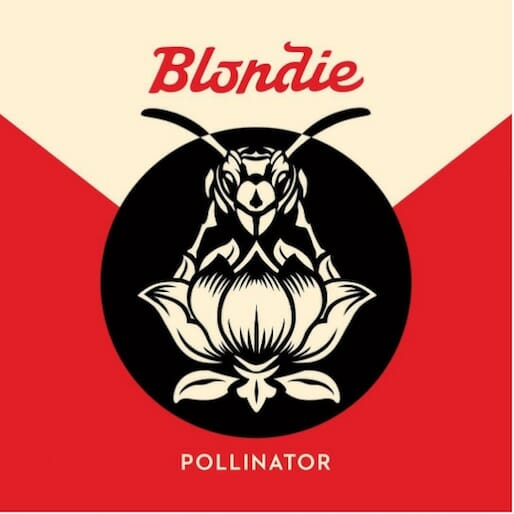
Blondie has always been Debbie Harry’s vehicle. It’s her allure and DIY style that drove the band’s disco rock recklessness to the top of the charts. But the other original band members – writer and guitarist Chris Stein and drummer Clem Burke – that have long provided the support system to glamorize her romantic yearnings. Pollinator their 11th album, is fun, imaginative and quintessentially Blondie – it’s punk’s “good old days” retooled for a wretched century.
The band recruited several artists to pen tracks for the album: Charli XCX, Sia, Johnny Marr, Dev Hynes (Blood Orange) and the Strokes’ Nick Valensi. They’re all Blondie tributes in spirit. Several songs recall the risky abandon of “Call Me” or “Hanging On the Telephone” with pulsing synth/guitar lines and a constant collision of drums and hi-hat.
“Doom or Destiny” celebrates the tightrope between new love and its eventual, predictable demise. The pop-synthy “Best Day Ever” (written by Valensi and Sia) revisits the lure of the toxic relationship. “Fun” (Dave Sitek, Erik Hassle and others) is a glossy disco throwback with a 2017 PSA: Having a good time is great, but too much of a good thing is no good.
The pulverized, pixilated drums on “Love Level” weaves around a disciplined horn section and more of that addictive, throbbing synth. It’s a bouncy love song that flirts with wordplay and cheeky imagery – stilettoes, physical equality, innuendo and sexual chemistry. It’s one of the album’s best, and no surprise it was written by Stein and Harry, the band’s co-founders and former lovers.
“Gravity,” another classic Blondie song with a bare rock stomp and quirky keyboard work, but what vexes is Harry’s overproduced, layered vocals, mainly on the bridge. Her wide vocal range just doesn’t benefit from a glut of embellishments or digital camouflage. She’s treated better on the toned-down ballad “I Gave Up On You,” providing respite from the tangled webs of love that plaguePollinator’s protagonists. Again though, the vocal layering veers from uncluttered to robotic.
Pollinator’s narrative starts early and centers on breakable, transparent and shadowy imagery – crystal and blue sky, velvet and the dark sea floor. That imagery reaches its zenith on the last song, “Fragments,” as Harry asks, “Why don’t you love me now?” As desperation sets in and her voice dissolves into the ether, her conclusion remains fuzzy. She’s left to wait and hope the incoming tide can piece her back together.